False Positives
March 8, 2019artist contribution,
Esther Hovers’ photographic project False Positives is about intelligent surveillance systems that are said to be able to detect deviant behaviour within public space. False Positives asks questions on how power, politics and control are exercised through urban planning and the use of public space. It is set around the question of normative public conduct and focuses on eight different ‘anomalies’ in body language and movement that could indicate criminal intent. Through these anomalies the algorithms are built and cameras are able to detect deviant habits. Current systems pay attention to the following behaviours: Standing Still; Fast Movements; Lonely Objects; Placement On A Corner; Clusters Breaking Apart; Synchronized Movements; Repeatedly Looking Back; and Deviant Directions.
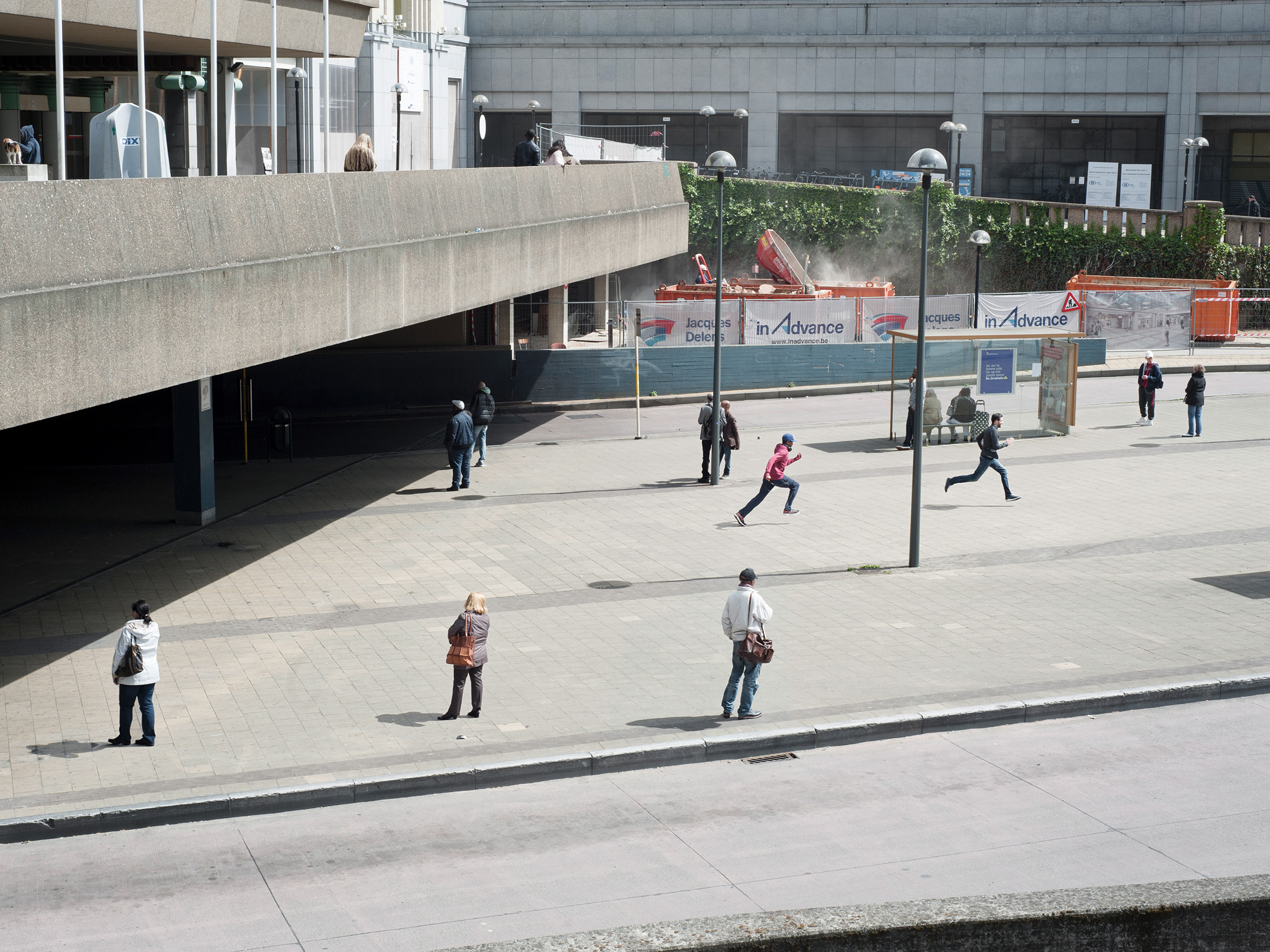
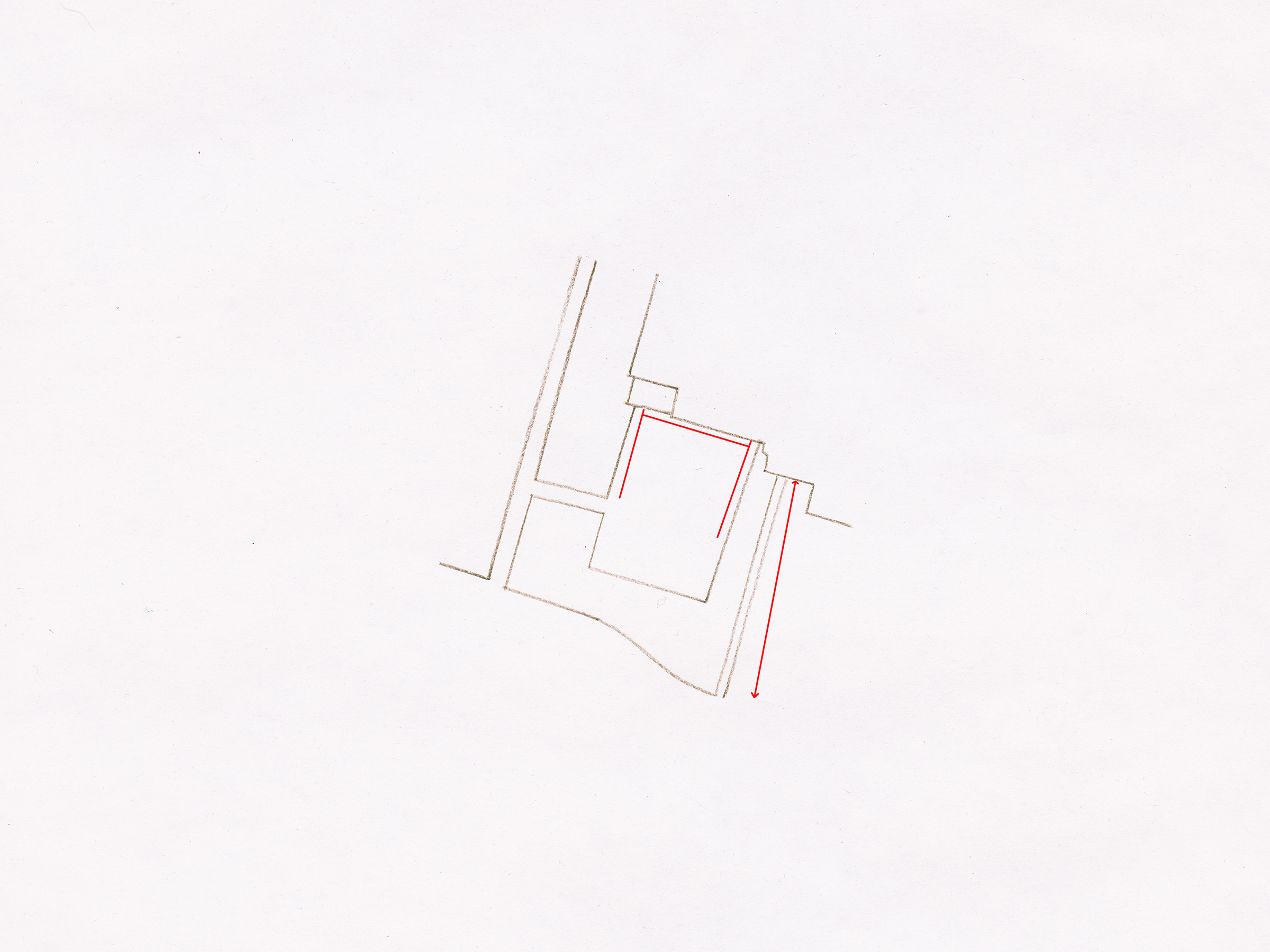
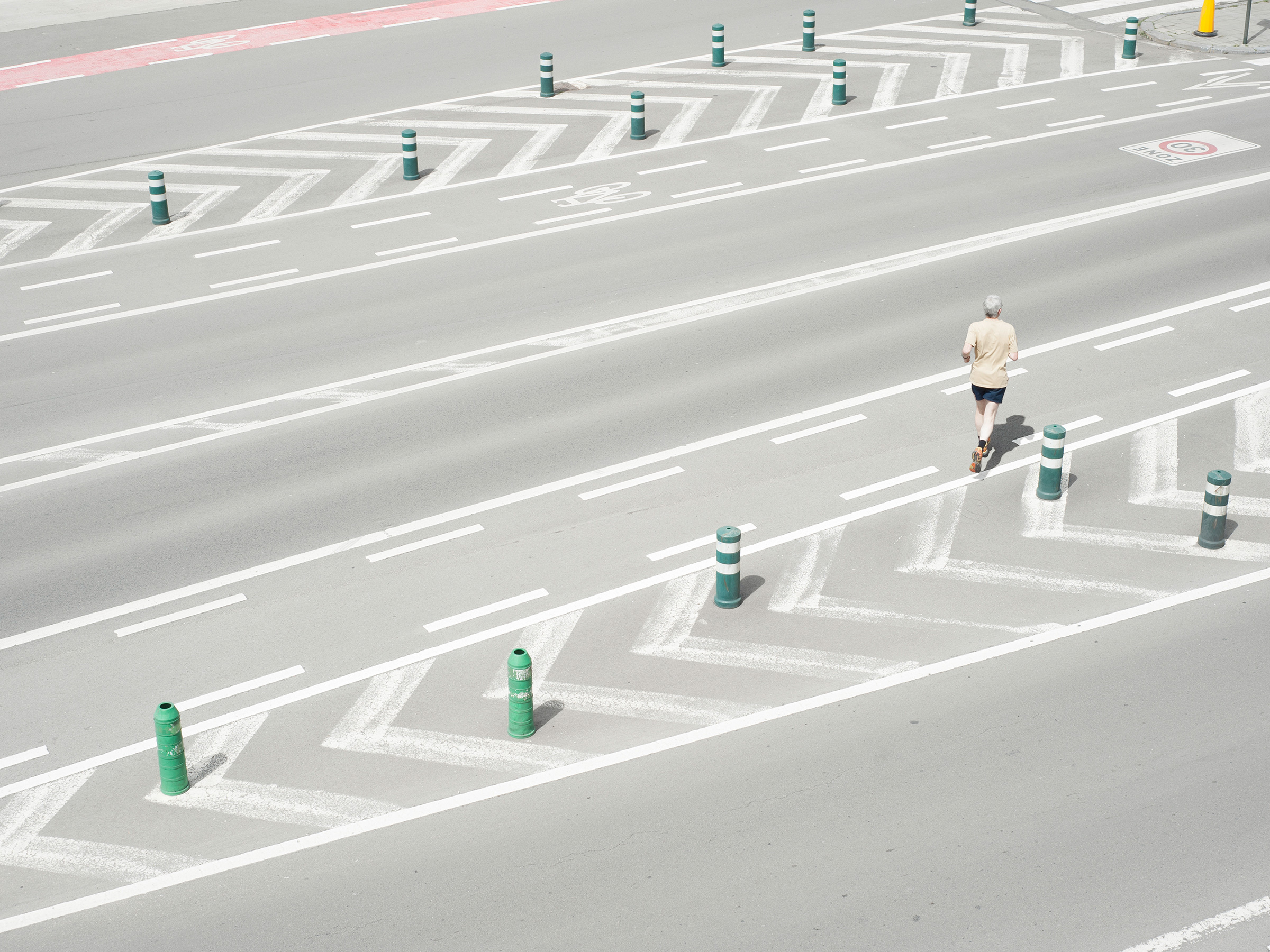
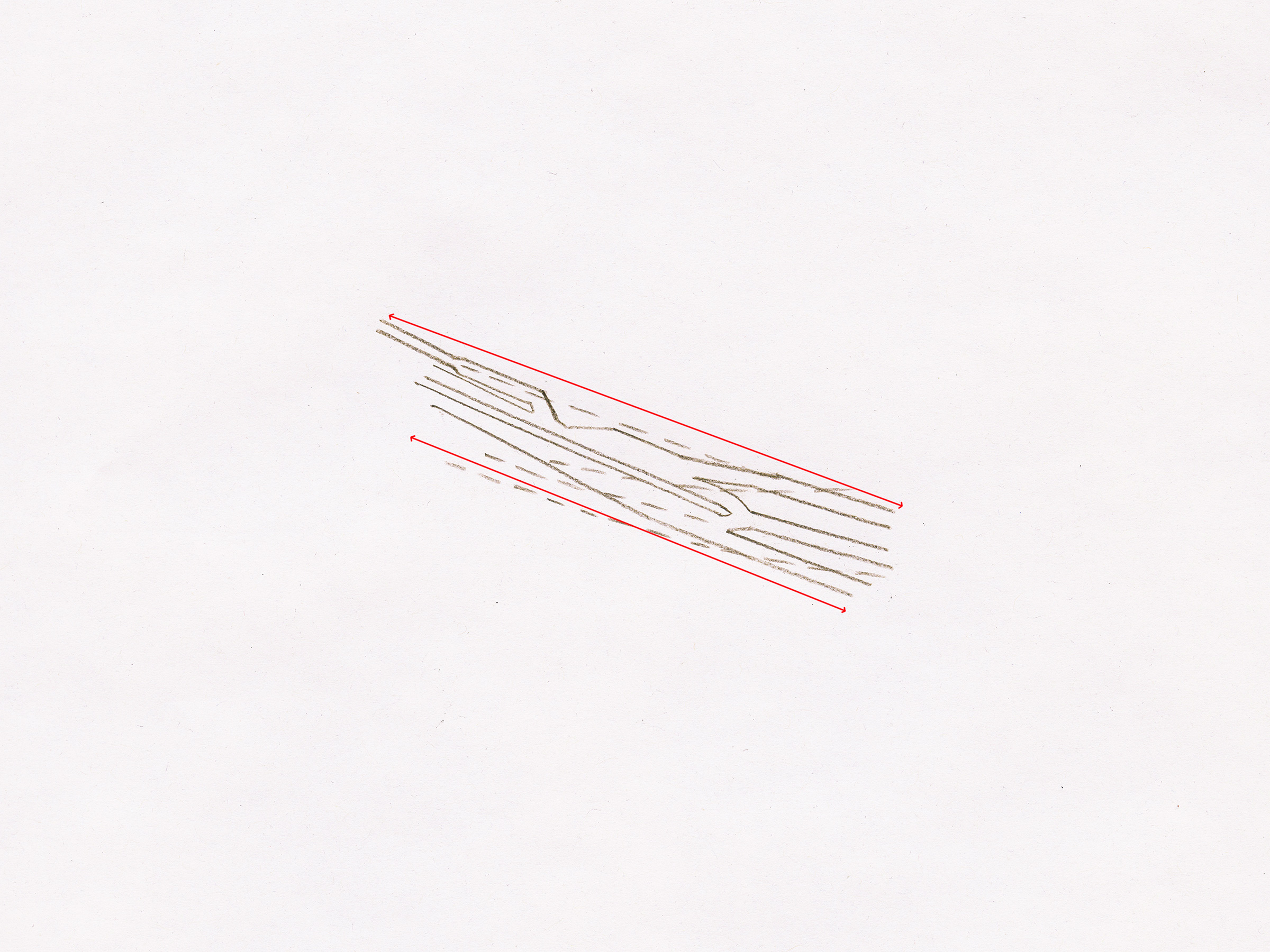
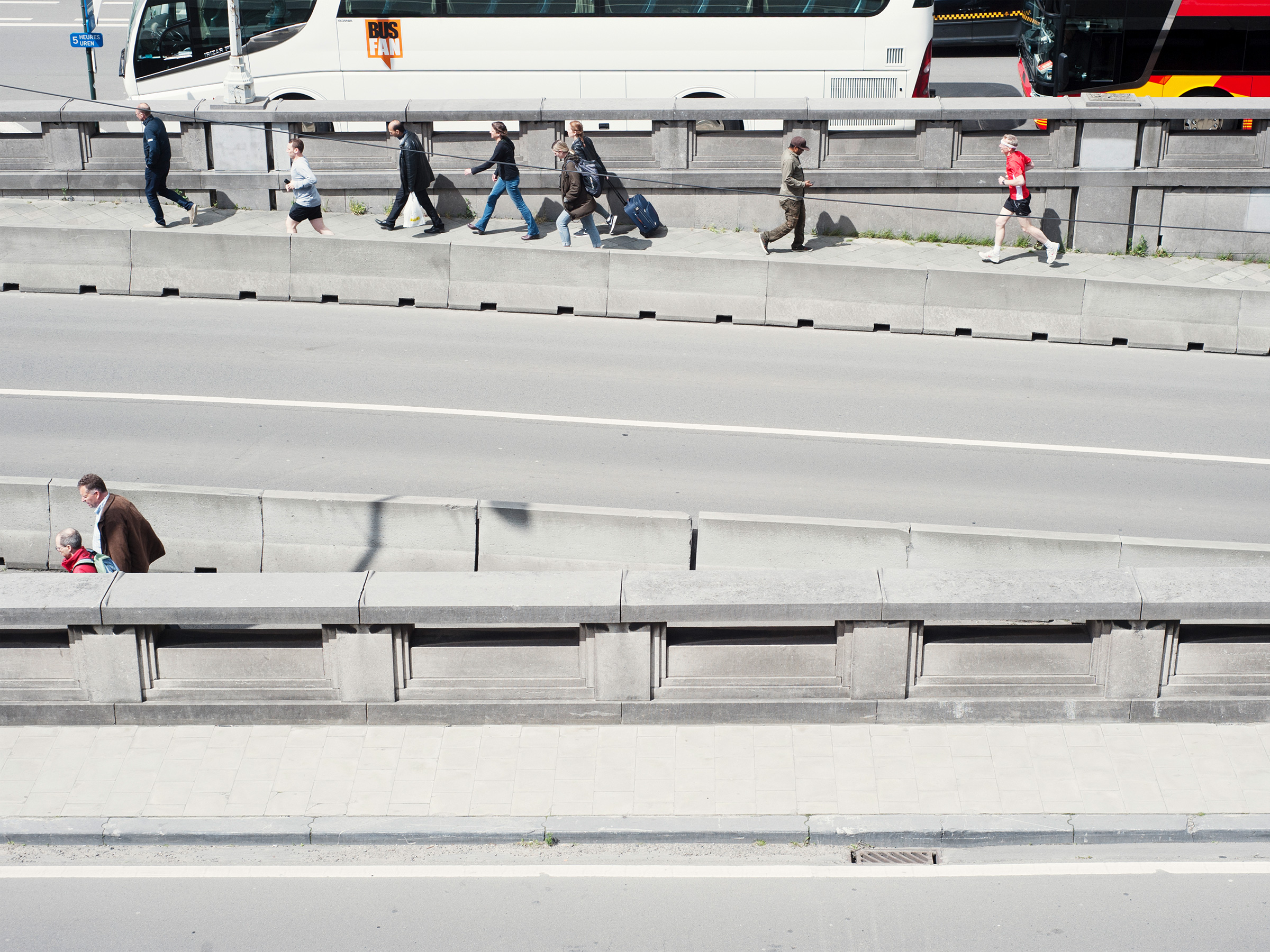
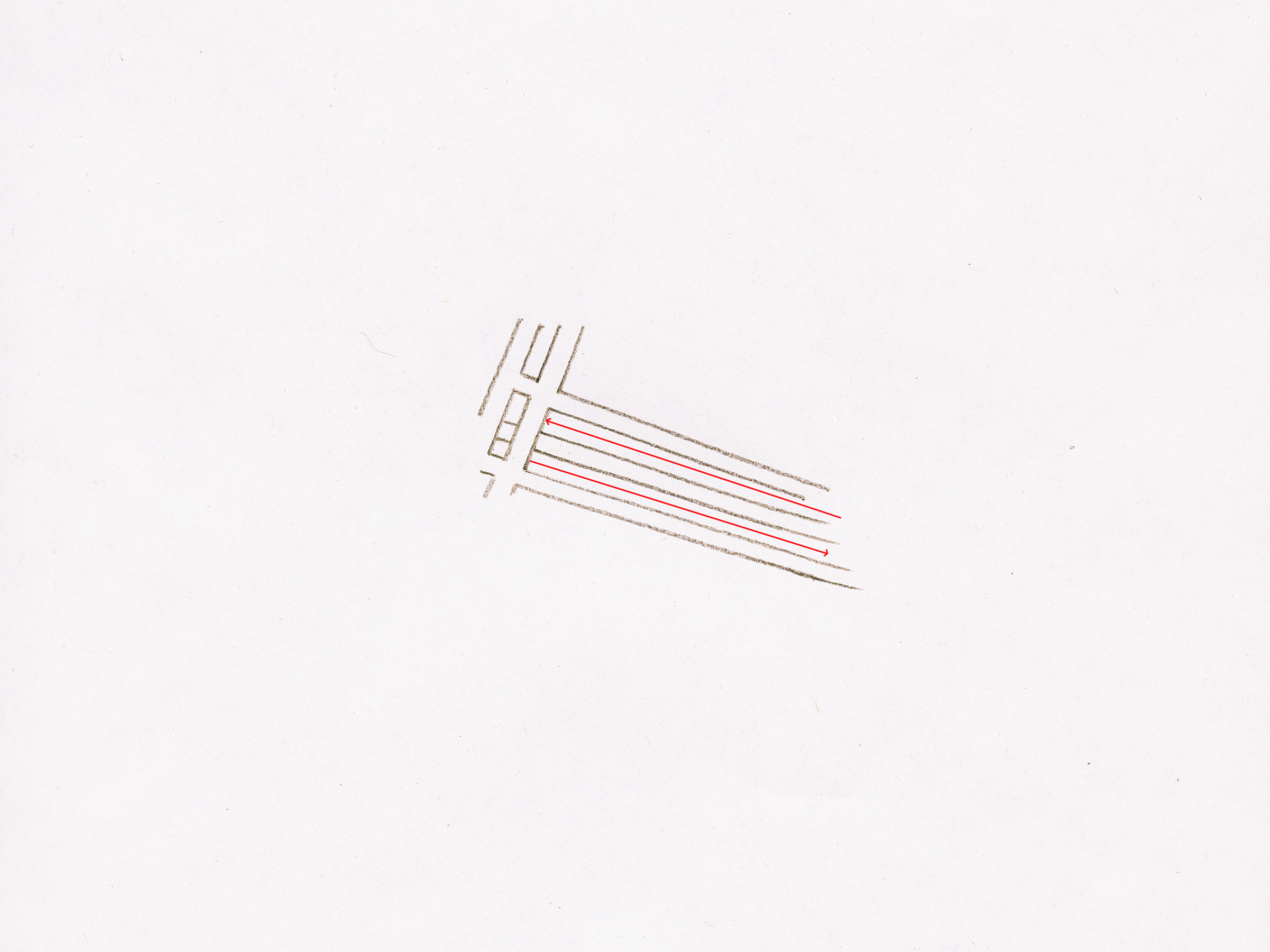
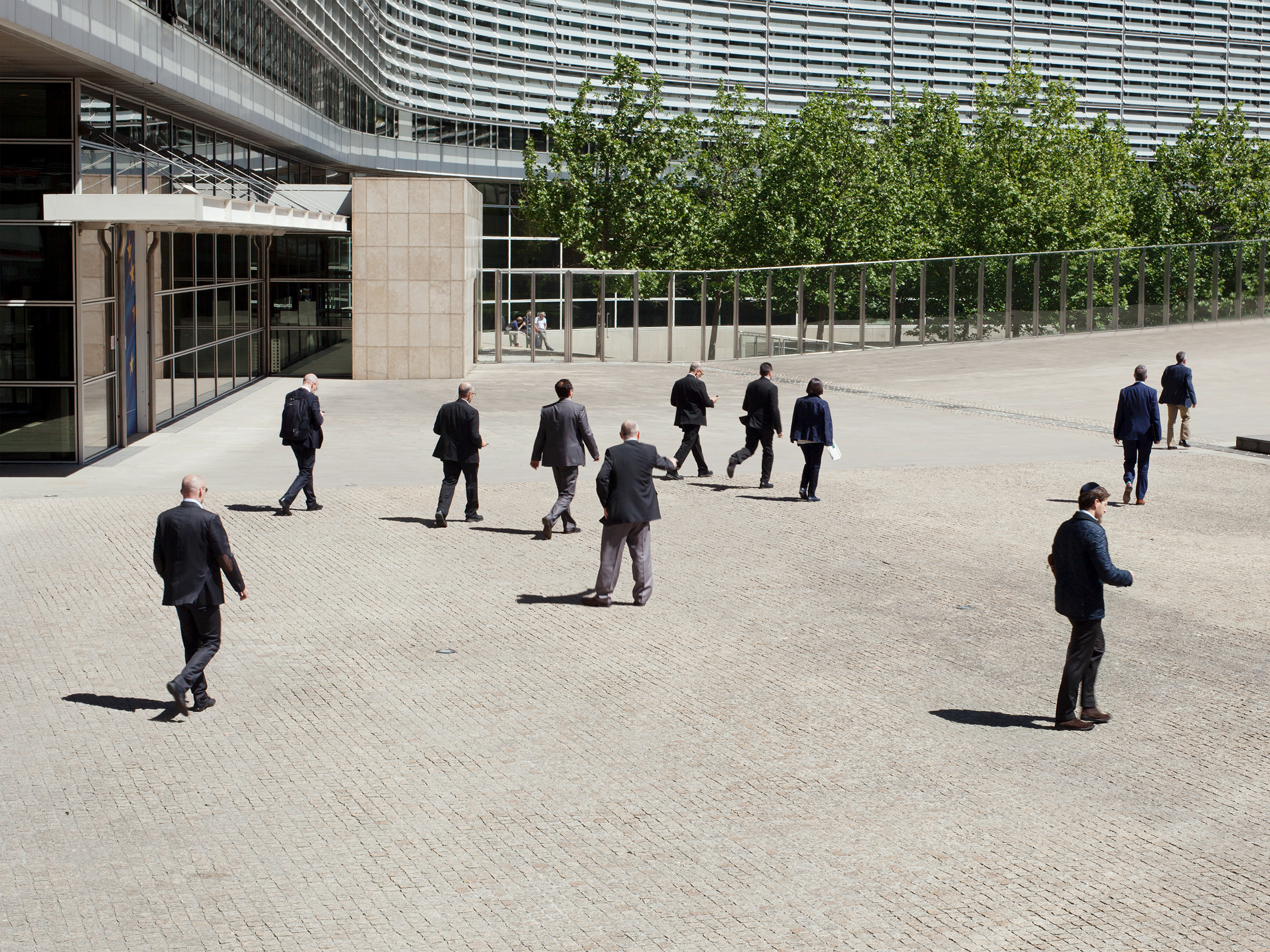
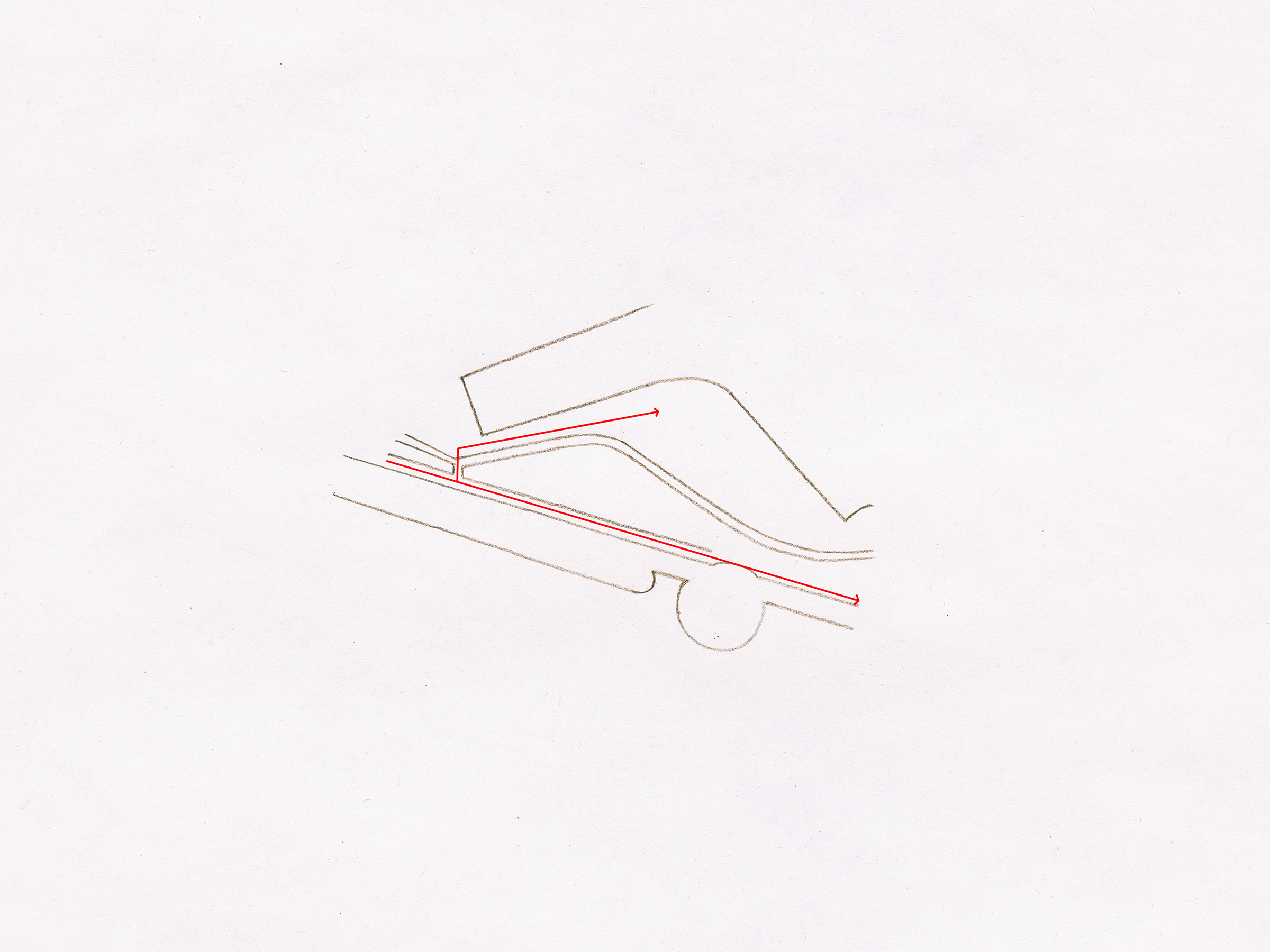
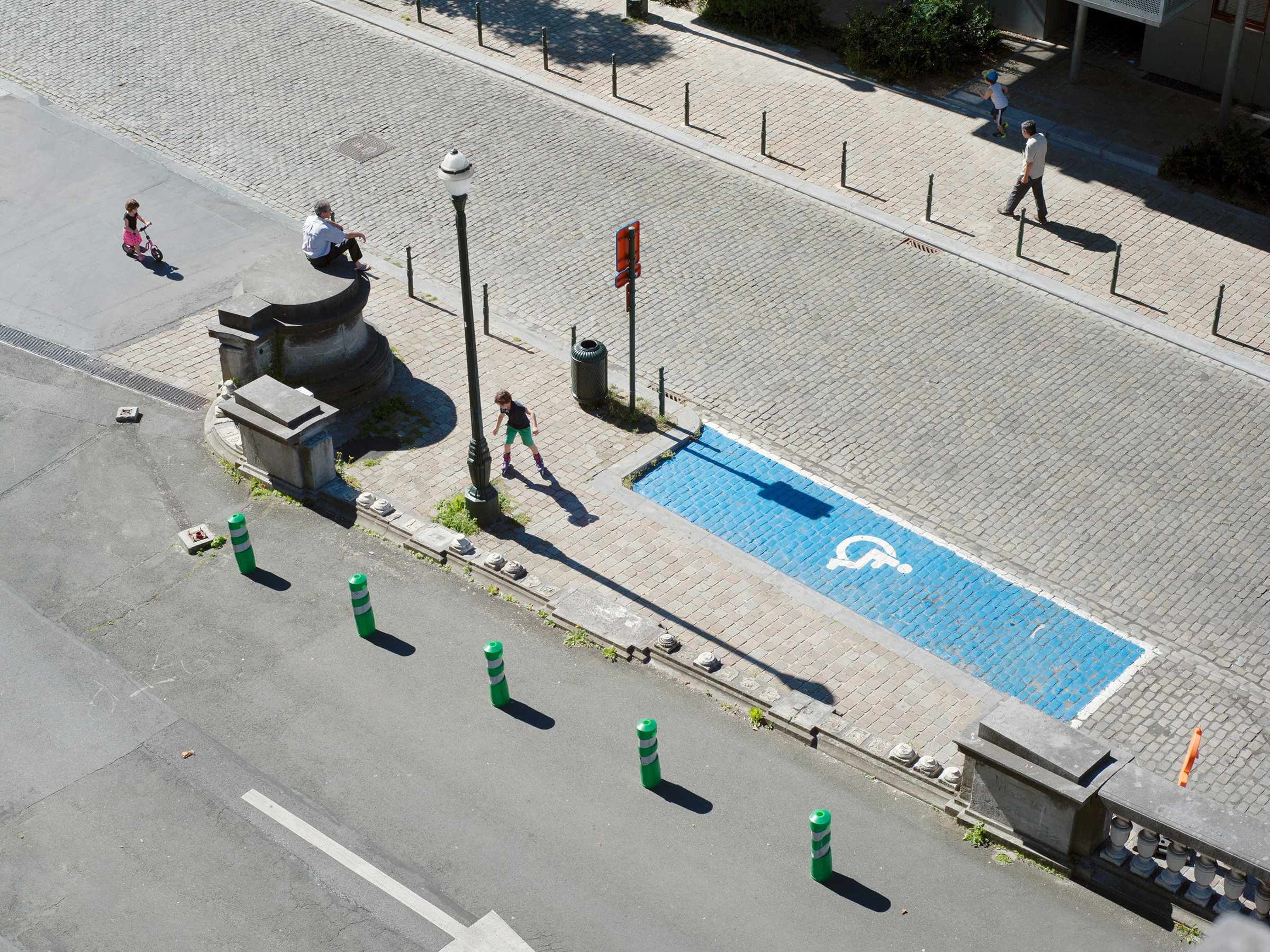
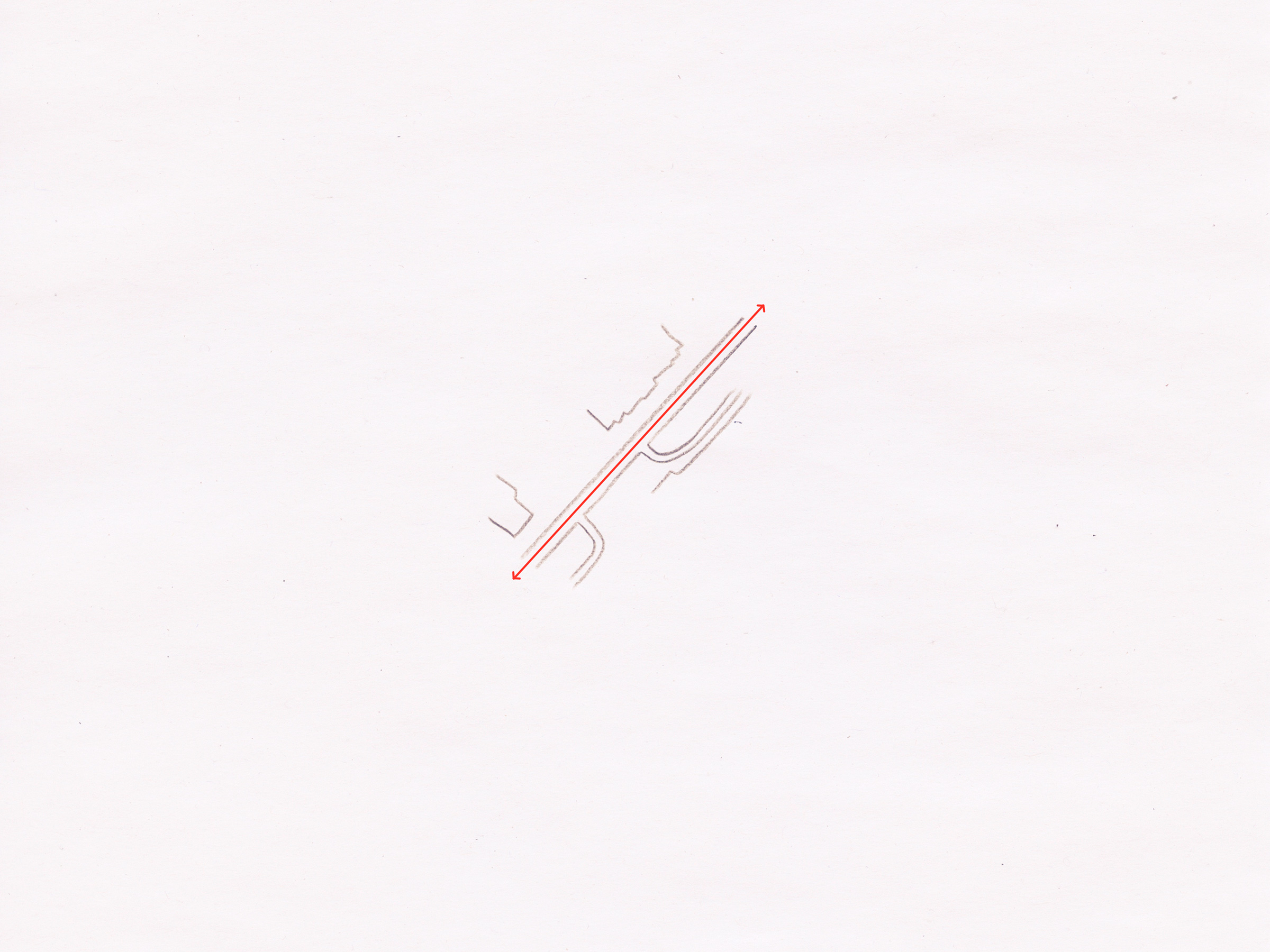
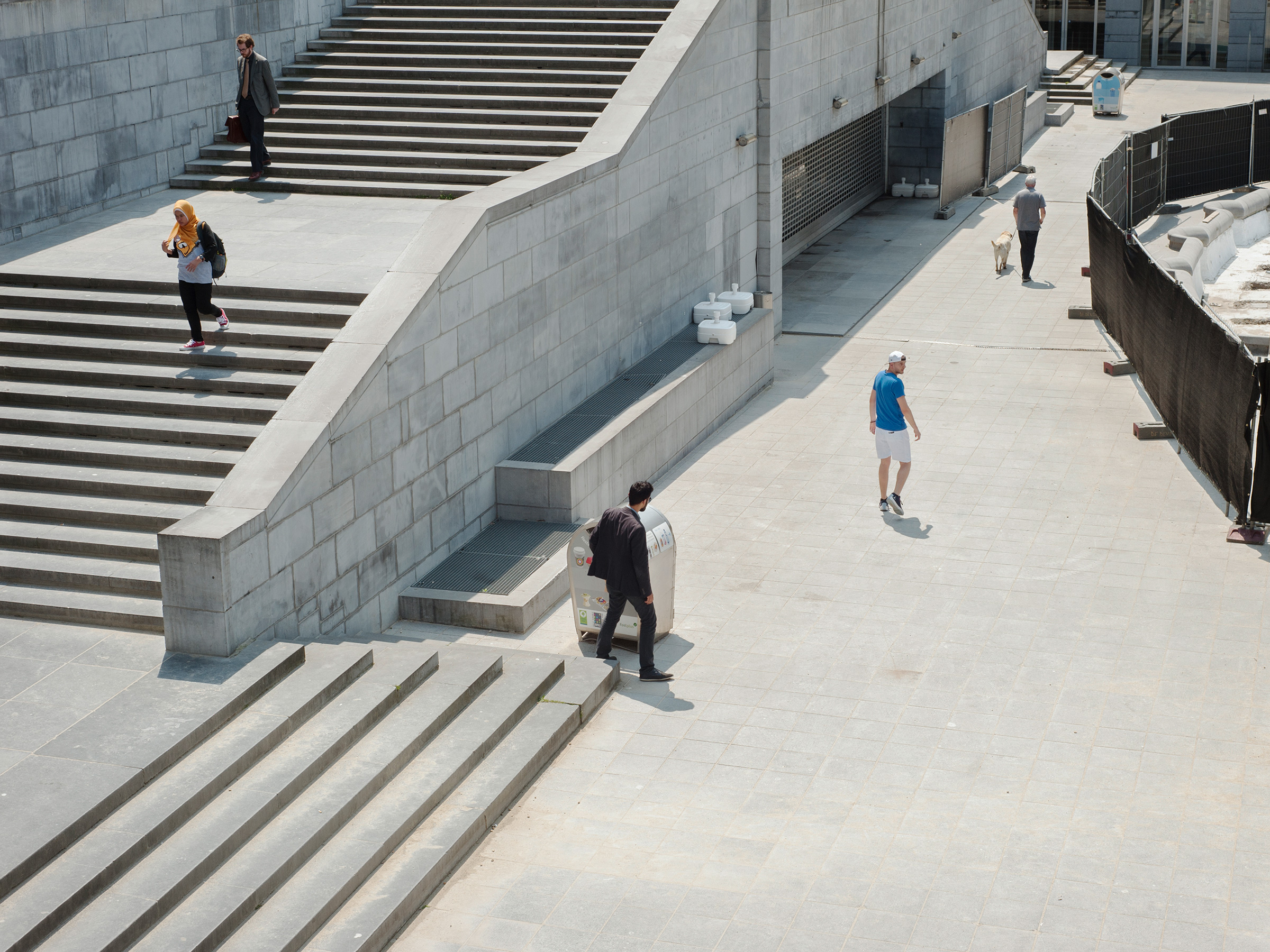
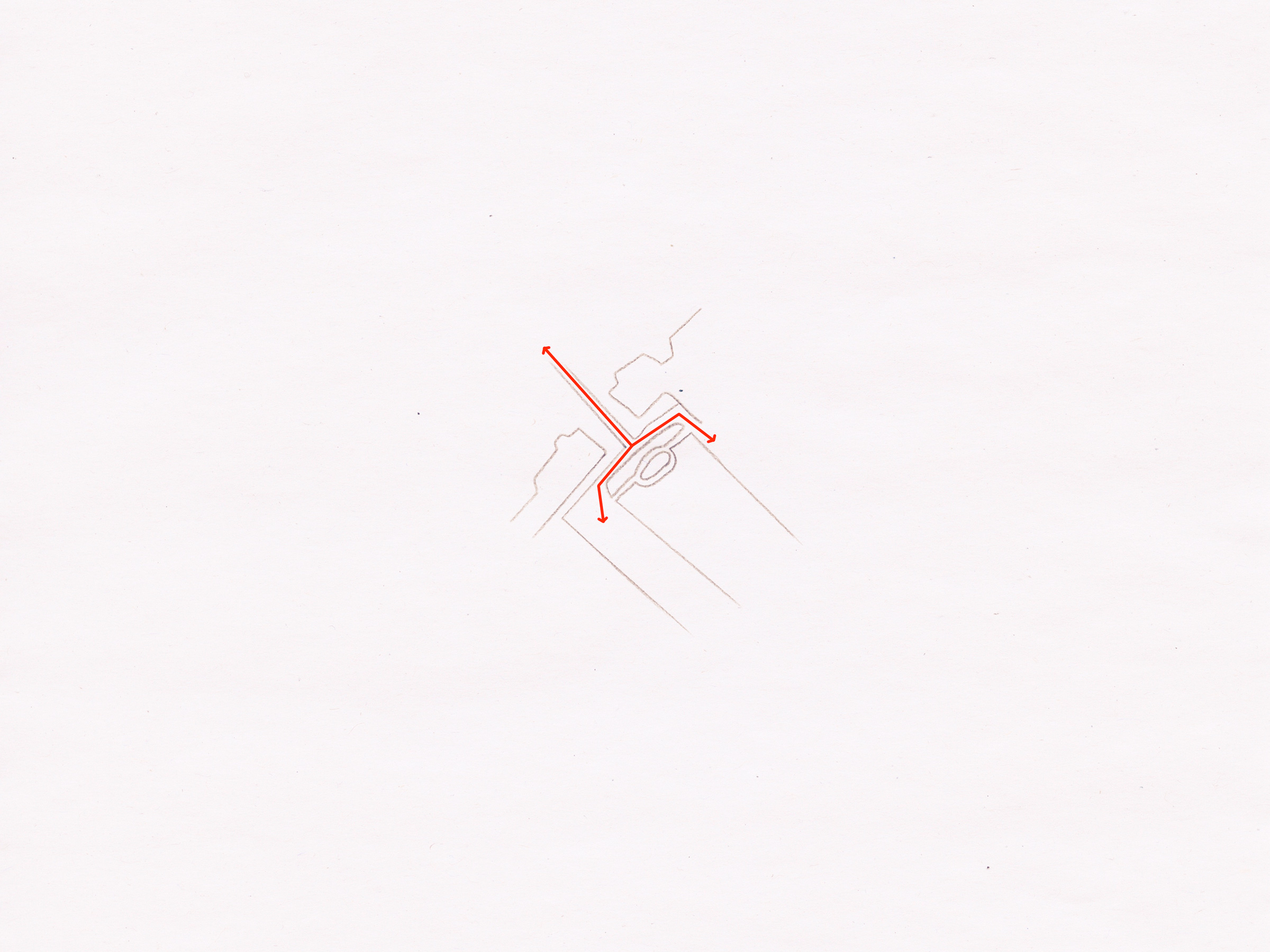
Esther Hovers’ interest lies in the unwieldy relationship between individual rights and national security, and focuses on the use of intelligent surveillance technology in public space. Within our global political climate the need for heightened public protection is only increasing. In the past decade, surveillance technology has become woven into our public spaces, part and parcel of everyday life. While its emergence certainly sparked public debate, many of the discussions held around this issue have been characterized by a polarisation of privacy and security, reducing a complex and multilayered debate into a matter of ‘either / or’ in the name of public safety. In its most simple terms, privacy is defined as the right to do things without being observed. Yet in its full, embodied form, it is a social practice. A concept that spans the realms of ethics, psychology, philosophy and policy, bridging the personal and the political, in both the physical and the digital world – one that demands broader consideration and protection.
Opening a transparent dialogue about the development and implementation of surveillance technology has never been more urgent, particularly due to the speed at which it is evolving. As it hurtles forward with the development of sophisticated facial recognition software and video analytics – beyond our imagination and, on a more basic and perhaps more worrying level, our comprehension – we are at risk of casting aside some of our most invaluable human rights. Taking this friction as her point of departure, Hovers’ False Positives can be seen as a gesture to make this largely intangible process visible; an invitation to reflect on the process, effects and, most importantly, fallacies of a system that by its very nature conceals itself from us. It is a visual attempt to bridge the gaping chasm between the technology that has inconspicuously become our ‘new normal’ and our understanding of it.
In her artistic practice, Esther Hovers (Amsterdam, 1991) investigates how power, politics and control are exercised through urban planning and the use of public space. She was trained as a photographer (Royal Academy of Art, The Hague) but creates installations in which photographs, drawings, text and film play an equal part. Hovers has exhibited at venues including: GEM, Museum of Contemporary Art, The Hague; Lianzhou Photo Festival, China; and National Gallery in Prague. Her work has been published in New York Times, Washington Post, M – Le Magazine du Monde and Wired among others. In 2018 Hovers was an artist-in-residence at International Studio and Curatorial Program, New York.
Sophie Wright studied History of Art at the University of Bristol, and is currently an Artistic Researcher at the Nederlandse Filmacademie in Amsterdam. She works as an independent writer, editor and creative producer, specialising in photography. She was previously editor of Unseen Magazine, a publication dedicated to contemporary photography, and writes regularly for the British Journal of Photography and LensCulture, as well as writing essays for artist publications.